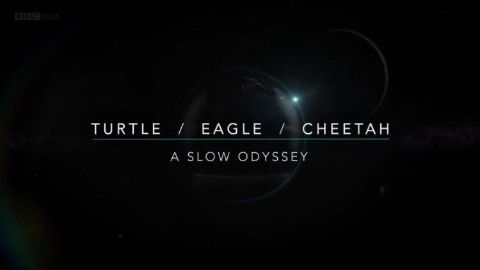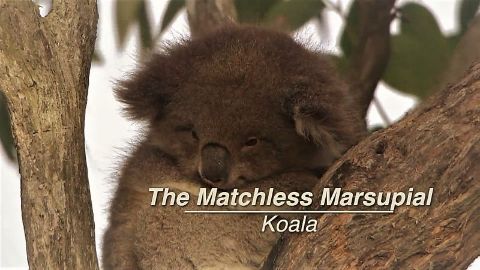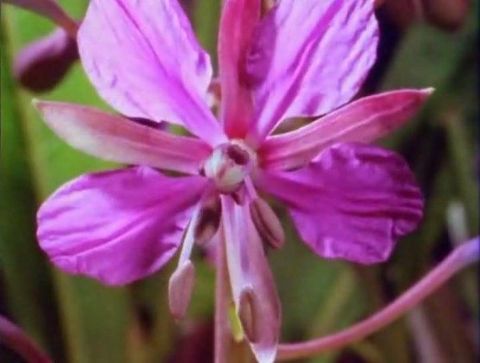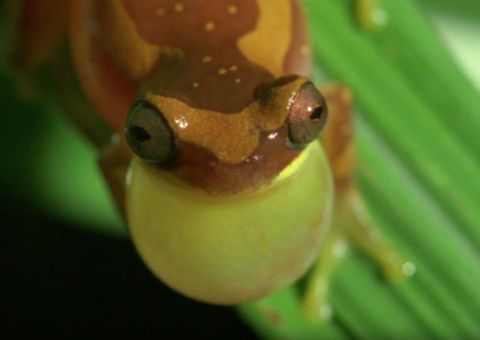Chimp Island • 2019
In the 1990s, one million chimpanzees lived across Central Africa. Since then, habitat loss, hunting for bushmeat, and the exotic pet trade has caused their population to crash to just 200,000. But on Ngamba Island, a semi-wild sanctuary just off the coast of Uganda's Lake Victoria, a team of caregivers is dedicated to giving them another chance in life. Visit this remarkable safe haven, where victims--most arriving as orphaned babies--recover from mental trauma, form a new family, and learn how to be chimps.
Make a donation
Buy a brother a hot coffee? Or a cold beer?
Hope you're finding these documentaries fascinating and eye-opening. It's just me, working hard behind the scenes to bring you this enriching content.
Running and maintaining a website like this takes time and resources. That's why I'm reaching out to you. If you appreciate what I do and would like to support my efforts, would you consider "buying me a coffee"?
Donation addresses
BTC: bc1q8ldskxh4x9qnddhcrgcun8rtvddeldm2a07r2v
ETH: 0x5CCAAA1afc5c5D814129d99277dDb5A979672116
With your donation through , you can show your appreciation and help me keep this project going. Every contribution, no matter how small, makes a significant impact. It goes directly towards covering server costs.





